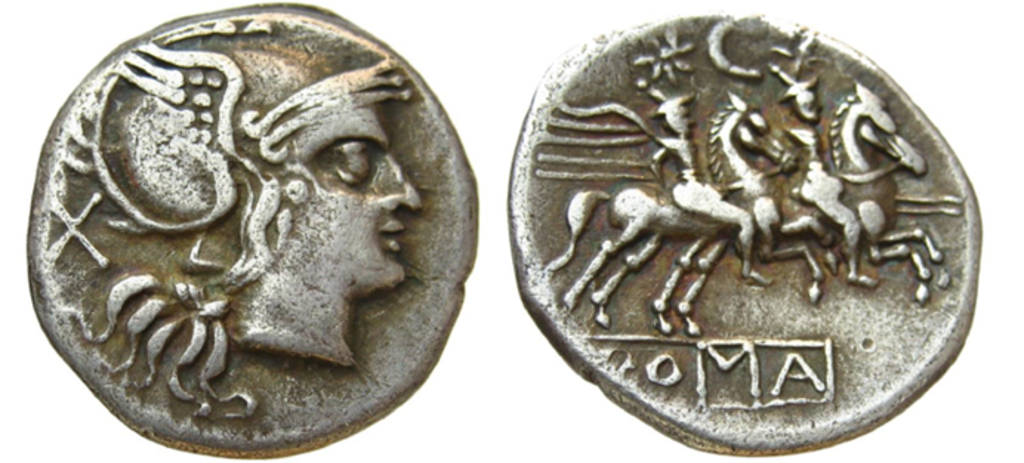
A fresh analysis of ancient Roman currencies has shed new light on the financial crisis 2,000 years ago that was briefly mentioned by Roman statesman and writer Marcus Tullius Cicero in his essay on moral leadership, De Officiis.
“Historians have long debated what the statesman and scholar meant when he wrote ‘the coinage was being tossed around’, so that no one was able to know what he had, and we believe we have now solved this puzzle,” says Kevin Butcher, an archaeologist at the University of Warwick in the UK.
Researchers claim to have found evidence of a debasement of the currency far greater than historians had thought, with coins that had been pure silver before 90BC cut with up to 10 per cent copper five years later.
“The discovery of this significant decrease in the value of the denarius has shed new light on Cicero’s hints of a currency crisis in 86BC,” Dr Butcher said.
The research, part of an ongoing 5-year project Rome and the Coinages of the Mediterranean 200 BCE - 64 CE, analyses the composition of ancient coins in these regions, cross-referencing findings with the historical record.
Scientists used a minimally invasive sampling technique to analyse samples from the ancient coins, revealing a significant decline in the value of the denarius.
They found that it went from being a pure silver coin, first dropping to under 95 per cent fine, and then it fell again to 90 per cent, with some coins as low as 86 per cent, suggesting a severe currency crisis.
“In the years after 91 BC, the Roman state was in danger of becoming bankrupt. The Romans were at war with their own allies in Italy, and by the conclusion of the war, in 89 BC, there was a debt crisis,” Dr Butcher explained.
By 86 BC, scientists say there may have been a crisis of confidence in the currency, but they aren’t clear exactly how ancient Romans attempted to resolve the issue.
“Cicero’s choice of words is too obscure for historians to determine exactly what was going on. His purpose in writing about it wasn’t to illuminate monetary history; he was just using the incident as an illustration of a Roman magistrate behaving badly by taking credit for the work of others,” Dr Butcher said.
The new analysis suggests the financial difficulties experienced by Rome in these years led to a relaxation of standards at the mint in 90 BC, with the result that the silver content of the coinage declined in two stages.
By 87 BC, the coinage was deliberately alloyed with 5 to 10 per cent copper, researchers say.
“This could be the meaning of Cicero’s words: that the value of the coinage was ‘tossed about’ because nobody could be certain whether the denarii they had were pure or not,” Dr Butcher said.
In the following decades, researchers say the Romans avoided debasing the denarius again until the state once again faced huge expenses during the civil war between Pompey and Julius Caesar.







